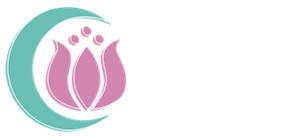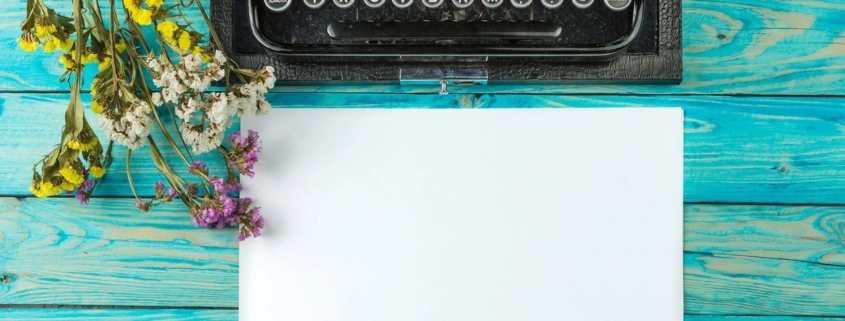Breakthrough
Day 15 of my 30-day writing challenge. Halfway there. I was talking to a friend today about her new health plan; for the first 30 days it’s very structured and after that she will be more lenient but will stick to the overall nutritional plan because she feels great. I’m thinking of this writing challenge in the same way. It will feel like an accomplishment to hit day 30, but the point is to continue.
It’s said that it takes a minimum of 21 days to form a habit and, usually, for most people, between two to eight months. It’s not about 21 days or 66 days; it’s about forming a habit and then staying with it. No matter how long it takes. And, no, missing a day here and there will not doom you. We don’t have to be perfect. In fact, it’s not healthy.
I like this habit forming notion when it comes to writing. I’m exercising my writing muscle every day and it is starting to feel more natural. Some days I meet the screen with blank eyes and mind; I feel that I have nothing to write about but once I begin I’m surprised that I actually do. I am practicing. The biggest obstacle is letting go of the need for it be perfect.
It dawned on me last night, as I was scrounging for words, that I was having a hard time because I felt I had to put a cherry on top of each piece, to make it sweet and palatable and then I realized that no one wants to read that shit. I’m aiming, for the next 15 days (and more), to write truthfully and fearlessly, to be less afraid of sharing the real stuff.
In a past issue of The Sun Magazine (here’s some honesty: I am reading this 2012 issue for the first time; it has been hanging out on my book shelf since then. Interestingly enough, it came at the prefect time), Ran Ortner, an artist, is interviewed by Ariane Conrad. Conrad inquires: “I notice you don’t ever mention talent, something innate, a gift you have been granted”, and Ortner replies: “Talent is just the inner need. There is the Christian saying ‘Seek and ye shall find,’ but this does not convey the intensity. I think of the zen passage that says you should seek as if your hair is on fire and you’re looking for water. Intensity plays a huge role in the creative process. The deep need summons the resources required to achieve a breakthrough” (p.8).
Ortner goes on to discuss a period of his life when his work did not feel authentic and he lost his way, his sense of what art was. He stopped his art and began reading; he read not only the biographies of well-known artists but about many different fields, including psychology, spirituality and science, and what he surmised was that creativity is more closely linked to science than spirituality. Ortner tells Conrad: “Patterns emerged. A scientist and a monk and an artist are all looking for the same thing: some deeper reality outside themselves, or inside themselves. They are all involved in the same process: they have an inkling of possibility and are working to realize that potential. And there’s a process to finding it. You have to build up a practice, a system of approach, a set of resources – and from there you can confront the mystery. Everything I read pointed to deep research and arduous work – and then, in a relaxed moment, the aha. The epiphany comes from the concentrated endeavor, not despite it (p.9).
This message of hard, consistent, structured work is coming at me from all angles these days. It’s everywhere. In the wind. The sun (the real one and the magazine). The stars. Everything I read seems to contain this message. A couple of days ago, I picked up a Young Living (a company that makes essential oils) newsletter I’d been meaning to read for weeks and it contained the same message. I guess this is how the universe communicates with us. I am listening, universe. I read you loud and clear.



